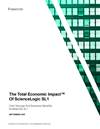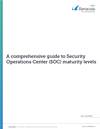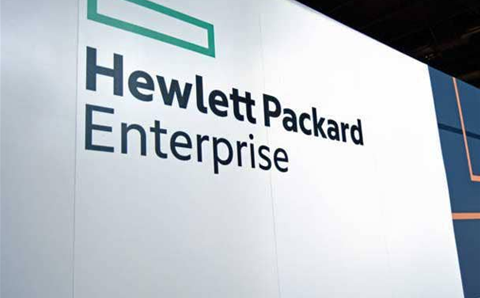Federal Labor backbencher Ed Husic has called for Apple to publicly front a parliamentary committee probing discrepancies in hardware and software prices between Australia and international markets.
The consumer giant made a confidential submission to the committee last week, and faced the committee on Tuesday this week in a closed-door hearing that was believed to include at least one senior executive from the company's US offices.
But the private hearing meant evidence provided by Apple was on background only and could not be used as solid evidence for the committee in making recommendations on potential changes to taxation or competition laws.
Husic commended Apple's involvement to date in committee's investigations, but urged the largely secretive company to address the committee in public.
"At some point down the track I think it would beneficial for them and their customers to be a sort of public discussion wherever possible," Husic told iTnews this week.
"They're in a competitive market and they've got to be careful and selective about the information they release and the approach that they take but it would be better for them to fully engage.
"I don't want to necessarily engage in predictions about whether or not they'll participate. People who are responsible for pricing and regulatory interaction, when they fully engage, I think it will be of benefit to the company and to the public."
Husic, a member of the standing committee, has pushed for the IT pricing inquiry for the past year, ultimately gaining support from Communications Minister Stephen Conroy and helping set up the panel in May.
But despite yielding a total 72 submissions during a six-week window, only three public submissions were explicitly made from industry members while a further three — Apple's included — are confidential.
It is believed at least one of the confidential submissions was penned by the Australian Information Industry Association (AIIA), which represents IT vendors, though the contents of the submission is unknown.
Microsoft was one of the few large companies to make a public submission, in which the software giant warned against like-for-like comparison of "absolute prices" for hardware and software between countries.
The company blamed mandated inclusion of GST in Australian pricing — as opposed to less visible sales taxes added to US sales — as well as local distributor margins, labour and supply chain costs, and local regulations as core reasons behind the discrepancy between prices.
"[The recommended retail price] is impacted by market forces including, but not limited to, the size of the market, which affects supply and demand," the company noted in its submission (pdf).
"Like any other company in any other industry, Microsoft seeks a rate of return on its investment in the Australian ICT market to enable it to market and support its products with a presence in Australia.
"The cost of doing business in Australia has a direct impact on prices recommended by Microsoft and ultimately charged to customers."
Adobe, another core target of Husic's continued criticisms ahead of the IT pricing inquiry, did not make a submission, public or private.
"They said early on that they would see the terms of reference and would work out what they do from there. They've failed to take up the opportunity to do that and I hope that one day they do," Husic said.
The committee is set to hear from consumer organisation CHOICE and other interested parties at the end of the month, while Husic said future inquiry hearings would likely look at the cost of downloaded music.
But the committee's scope to make any significant changes to those regulations governing local pricing could be limited, as the Department of Broadband, Communications and the Digital Economy noted the Government should "act within limits" on the situation.
"There remains a role for Government in ensuring consumers are adequately protected against predatory and unethical commercial practices ... some measures, such as requiring foreign retailers to apply Australian laws and taxation arrangements, are unlikely to prove benefits in balance with the required expenditure of resources," it noted (pdf).
Husic agreed with the comments.
"We've had a lot of discussions with the departments over the last month or so and we're examining all the different options," he said.
"I personally don't think that taxation would necessarily have the impact or deliver those savings to fix price discrimination as deployed by the tech companies.
"I think that would be an area of competition law we'd need to examine and over the course of the inquiry we'll look at that."





.png&h=142&w=230&c=1&s=1)



.png&w=100&c=1&s=0)











